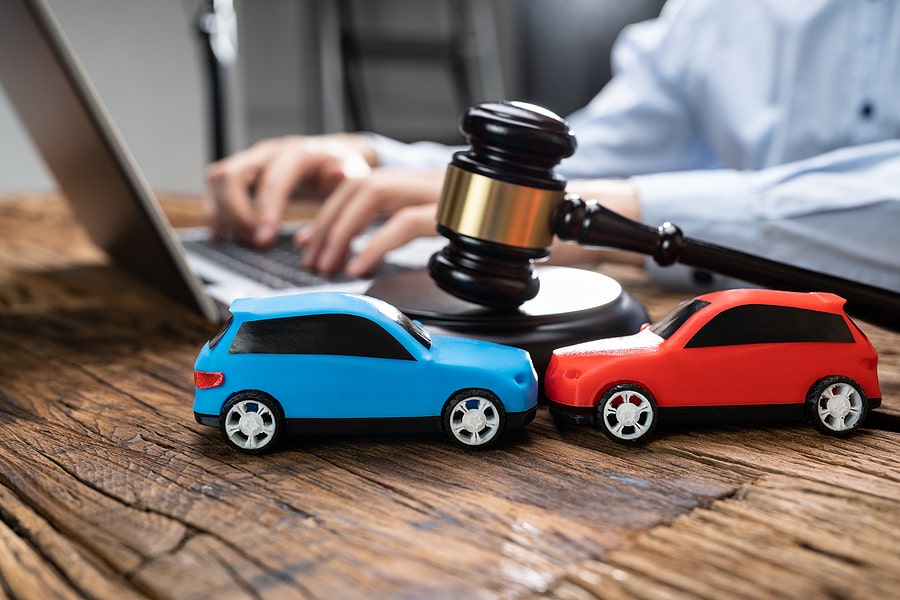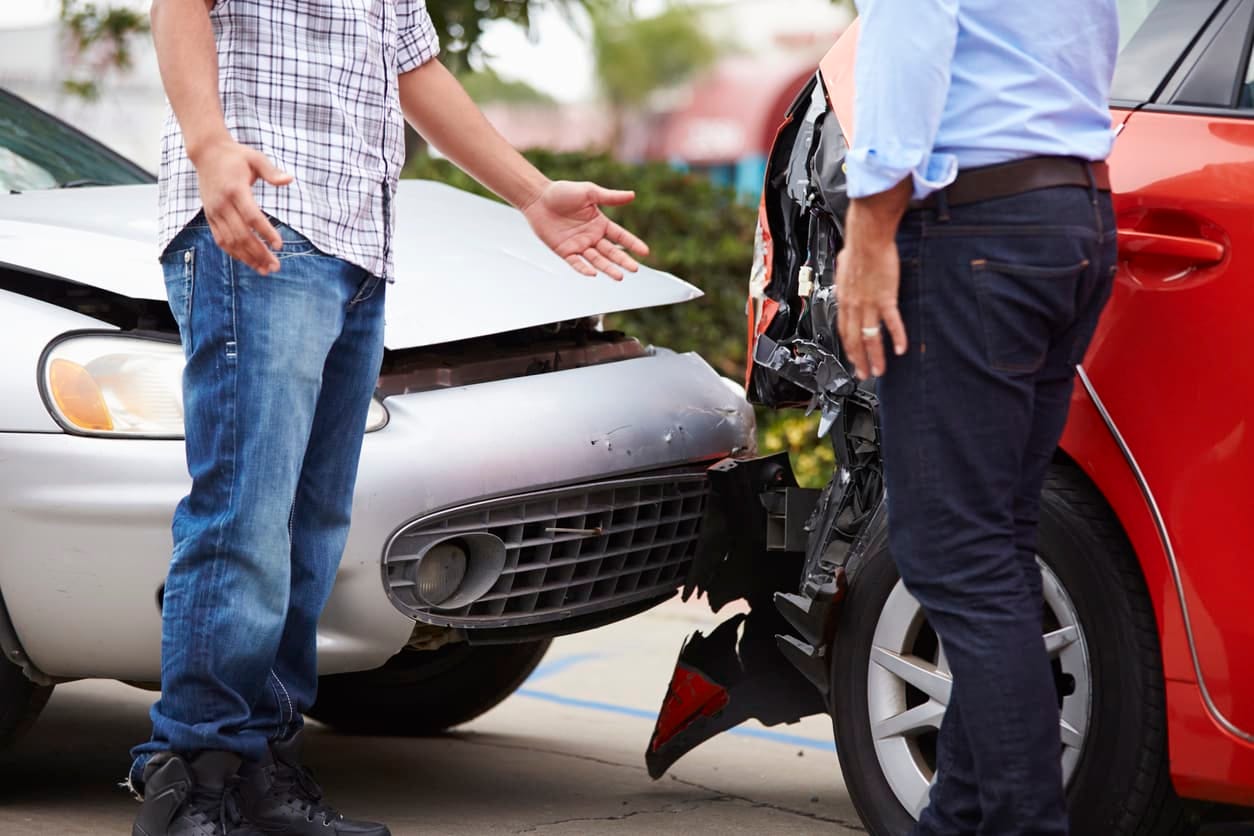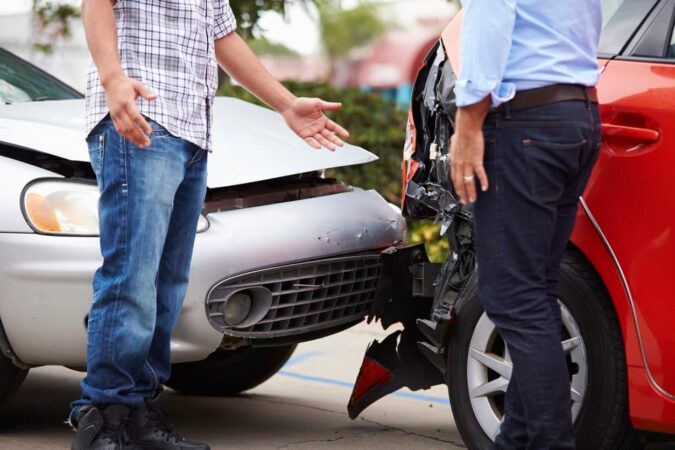
Understanding Car Law

Navigating the legal complexities surrounding car ownership and usage requires an understanding of the legal framework that governs these aspects. This framework encompasses a range of laws, regulations, and precedents that establish the rights and responsibilities of drivers, passengers, and other parties involved in car-related matters.
Common car-related legal issues include traffic violations, accidents, insurance disputes, and consumer protection concerns. Traffic violations, such as speeding or reckless driving, can result in fines, license suspensions, or even criminal charges. Accidents involving multiple vehicles or injuries often lead to complex legal proceedings involving liability determination, insurance coverage, and compensation for damages.
Role of Lawyers in Resolving Car Disputes
Lawyers play a crucial role in resolving car disputes by providing legal guidance, representing clients in court, and negotiating settlements. They help clients understand their legal rights and options, gather evidence, and build strong cases. In cases involving accidents, lawyers assist in determining fault, calculating damages, and negotiating with insurance companies to ensure fair compensation for their clients.
Legal Issues Related to Car Accidents
Car accidents are a common occurrence, and they can have a significant impact on the lives of those involved. Understanding the legal issues related to car accidents can help you protect your rights and ensure that you are fairly compensated for any injuries or damages you have suffered.
The legal process for car accident cases typically begins with the filing of a police report. The police report will document the details of the accident, including the names of the drivers involved, the time and location of the accident, and any witnesses who may have seen what happened.
Fault and Liability
In most car accident cases, the driver who is at fault for the accident will be liable for any damages that are caused. Fault is determined based on the specific circumstances of the accident, but some of the most common factors that are considered include:
- Whether the driver was speeding or driving recklessly
- Whether the driver was under the influence of alcohol or drugs
- Whether the driver was distracted by something else, such as a cell phone
Role of Insurance Companies
Insurance companies play a significant role in car accident settlements. The insurance company for the at-fault driver will typically be responsible for paying for the damages that are caused by the accident. This can include medical expenses, lost wages, and property damage.
However, there are some cases in which the insurance company may not be willing to pay for all of the damages that are caused by the accident. For example, if the driver who is at fault for the accident is uninsured or underinsured, the victim may have to file a lawsuit to recover their damages.
Traffic Violations and Defense

Traffic violations are a common occurrence for drivers, and the consequences can vary depending on the severity of the offense. Some of the most common traffic violations include speeding, running red lights, and driving under the influence of alcohol or drugs. These violations can result in fines, points on your license, and even jail time in some cases.
If you have been charged with a traffic violation, it is important to understand your legal rights and options. You may be able to defend yourself against the charges or negotiate a plea agreement with the prosecutor. In some cases, you may be able to have the charges dismissed altogether.
Legal Strategies for Defending Against Traffic Tickets
There are a number of legal strategies that can be used to defend against traffic tickets. Some of the most common defenses include:
- Challenging the officer’s testimony
- Arguing that the officer did not have probable cause to stop you
- Filing a motion to dismiss the charges
- Negotiating a plea agreement with the prosecutor
Importance of Legal Representation in Traffic Court
If you are facing a traffic violation, it is important to consider hiring an attorney to represent you. An attorney can help you understand your rights, develop a defense strategy, and negotiate with the prosecutor on your behalf. In some cases, an attorney may be able to get the charges dismissed or reduced.
If you are unable to afford an attorney, you may be able to get free legal representation from a legal aid society or public defender’s office.
Car Financing and Leasing
Car financing and leasing are two common ways to acquire a vehicle. While both options offer advantages and disadvantages, it’s crucial to understand the legal aspects and your rights and responsibilities as a borrower or lender.
Loan Agreements
When you finance a car, you borrow money from a lender and use the vehicle as collateral. The loan agreement Artikels the loan amount, interest rate, repayment schedule, and other terms. Understanding these terms is essential to avoid any surprises or disputes down the road.
Leasing Agreements
Leasing a car differs from financing in that you don’t own the vehicle. Instead, you enter into a contract with a leasing company to use the car for a specified period. Lease agreements typically include provisions for monthly payments, mileage limits, and early termination fees.
Negotiating Favorable Terms
Whether you’re financing or leasing a car, it’s important to negotiate favorable terms. Consider the following tips:
- Shop around for multiple lenders or leasing companies to compare interest rates and fees.
- Read the loan or lease agreement carefully before signing.
- Consider getting a pre-approval for financing to strengthen your negotiating position.
- Negotiate for a lower interest rate or monthly payment.
- Inquire about any additional fees or charges that may apply.
By understanding the legal aspects of car financing and leasing, you can make informed decisions and protect your rights.
Car Modifications and Insurance
Modifying cars can be a fun and exciting way to personalize your vehicle and make it more unique. However, it’s important to be aware of the legal implications of modifying your car, as well as how it can impact your insurance coverage.
In general, most car modifications are legal as long as they do not affect the safety or performance of the vehicle. However, there are some modifications that are specifically prohibited by law, such as:
- Installing a lift kit that raises the vehicle’s height by more than 6 inches
- Adding a roll cage to a vehicle that is not designed for off-road use
- Modifying the exhaust system to make it louder than the manufacturer’s specifications
Even if a modification is not specifically prohibited by law, it can still affect your insurance coverage. Insurance companies typically view modified cars as being more risky to insure, and they may charge higher premiums as a result. In some cases, an insurance company may even refuse to cover a modified car altogether.
If you’re planning to modify your car, it’s important to talk to your insurance company first to find out how it will affect your coverage. You may also want to consider getting a modified car insurance policy, which is specifically designed to cover modified vehicles.
Here are some tips for ensuring legal compliance with car modifications:
- Only make modifications that are legal in your state.
- Have your modifications installed by a qualified mechanic.
- Keep all documentation related to your modifications, such as receipts and inspection reports.
- Inform your insurance company about any modifications you make to your car.
Emerging Legal Issues in the Automotive Industry

The automotive industry is undergoing a period of rapid transformation, driven by the rise of autonomous vehicles, electric and hybrid vehicles, and car-sharing and ride-hailing services. These new technologies are creating a host of new legal challenges that policymakers and regulators are only just beginning to grapple with.
Autonomous Vehicles
One of the most pressing legal challenges posed by autonomous vehicles is the question of liability in the event of an accident. If a self-driving car causes an accident, who is liable? The manufacturer of the car? The driver who was supposed to be supervising the vehicle? Or the software developer who created the autonomous driving system? These are complex questions that will likely be litigated for years to come.
Another legal challenge posed by autonomous vehicles is the question of data privacy. Autonomous vehicles will collect a vast amount of data about their passengers and their surroundings. This data could be used to improve the safety and efficiency of autonomous vehicles, but it could also be used to track people’s movements and activities. Regulators will need to develop new rules to protect the privacy of autonomous vehicle users.
Electric and Hybrid Vehicles
The rise of electric and hybrid vehicles is also creating a number of new legal challenges. One challenge is the question of how to regulate the charging of electric vehicles. Electric vehicles need to be charged regularly, and this can put a strain on the electrical grid. Regulators will need to develop new rules to ensure that electric vehicles can be charged safely and efficiently.
Another challenge posed by electric and hybrid vehicles is the question of how to dispose of their batteries. Electric vehicle batteries contain hazardous materials, and they need to be disposed of properly. Regulators will need to develop new rules to ensure that electric vehicle batteries are disposed of in a way that protects the environment.
Car-Sharing and Ride-Hailing Services
Car-sharing and ride-hailing services are becoming increasingly popular, but they also raise a number of legal challenges. One challenge is the question of how to regulate the drivers of these services. Car-sharing and ride-hailing drivers are not employees of the companies that operate these services, so they are not subject to the same regulations as traditional taxi drivers. Regulators will need to develop new rules to ensure that car-sharing and ride-hailing drivers are safe and reliable.
Another challenge posed by car-sharing and ride-hailing services is the question of how to protect the rights of passengers. Passengers in car-sharing and ride-hailing vehicles are not protected by the same laws as passengers in traditional taxis. Regulators will need to develop new rules to ensure that passengers in car-sharing and ride-hailing vehicles are safe and protected.
